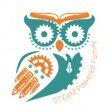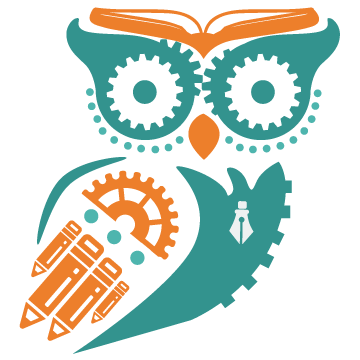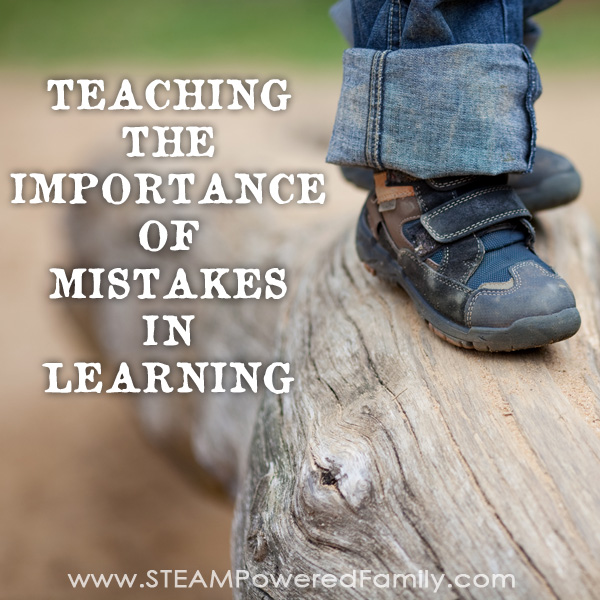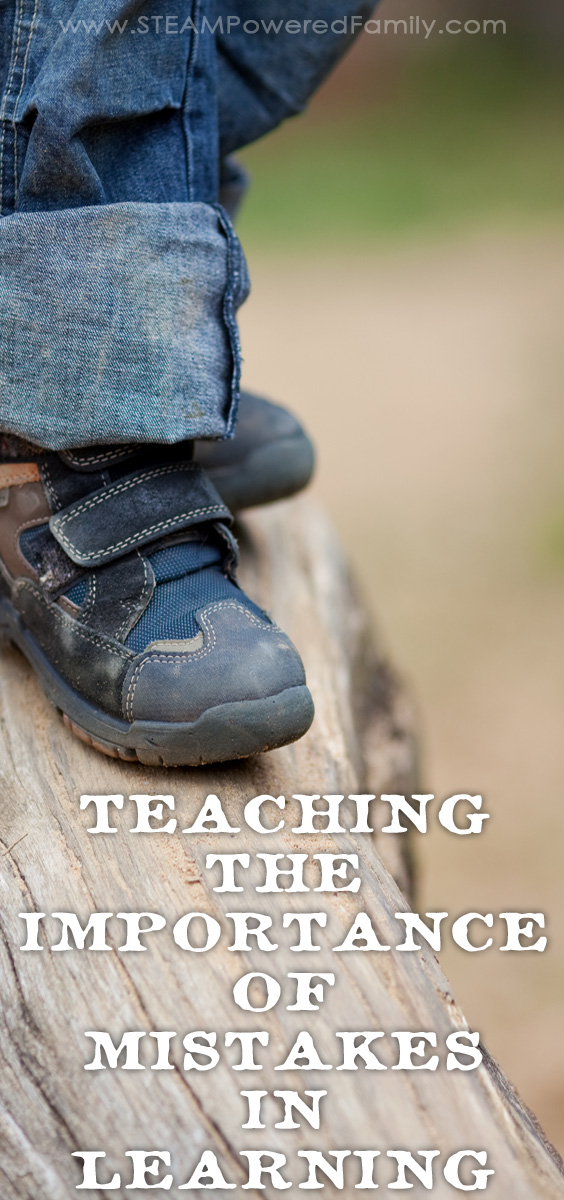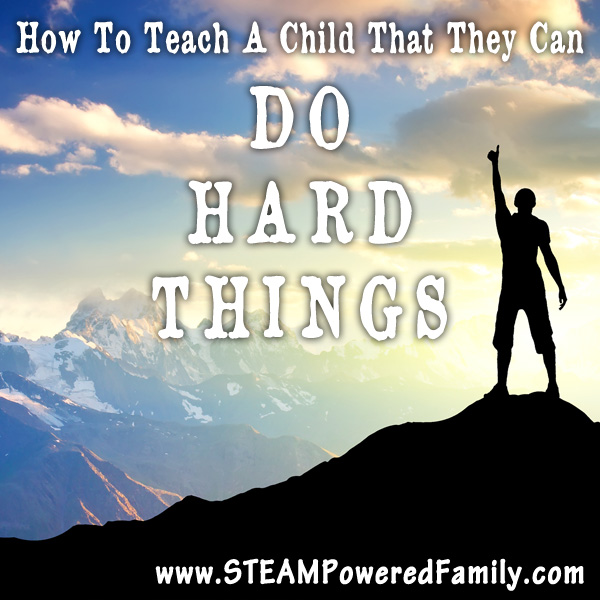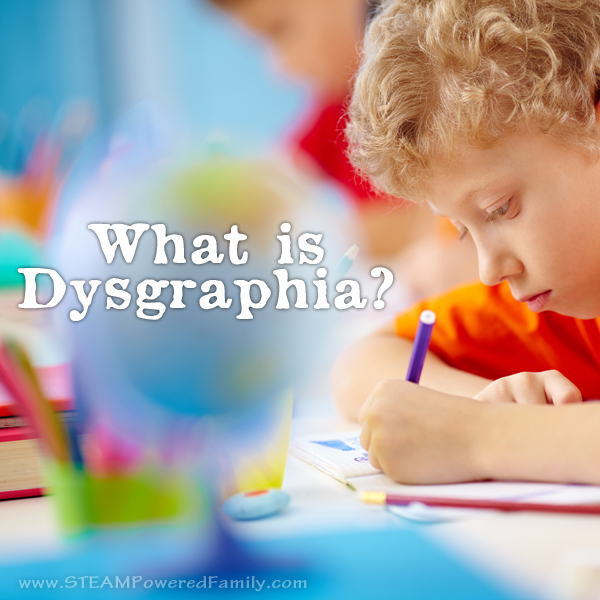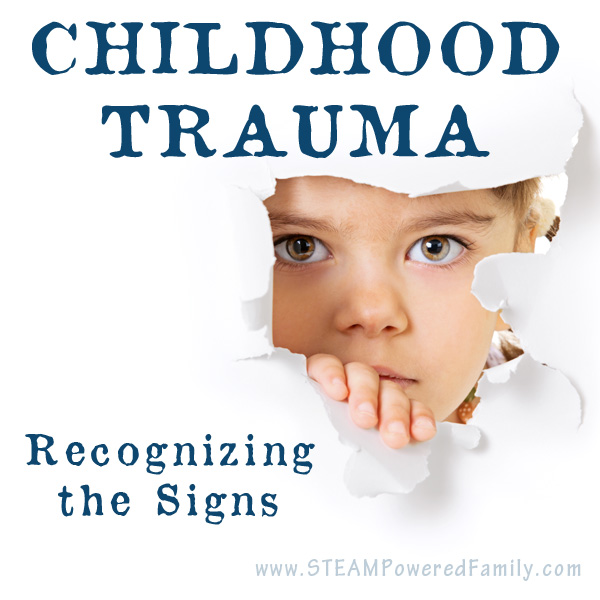Teaching Children The Importance Of Mistakes In Learning
Mistakes in learning are so important. Here is what I told my son that finally has him embracing his mistakes while learning, rather than having a meltdown.
My son hates to make mistakes. Of all the lessons he learned in school, that is one of the things I am struggling the most to correct. The thing is, mistakes are important. They are critical to our learning process and the way our brains learn new things. Finally, I think I’ve uncovered a way to explain the importance of mistakes that makes sense to him. That finally has him embracing mistakes as an integral part of his learning process.
My son has become a perfectionist. When he was in school he learned that the teachers were busy, the only way they made time for him was if he was making mistakes. Sadly helping him through those mistakes often was done in a rushed way as the teacher battled to keep up. He learned mistakes were bad. Mistakes meant getting in trouble. Mistakes often meant missing out on recess or other fun activities.
By the time we pulled my son from school to start homeschooling he had become an extreme perfectionist. If he made a mistake he would get angry, throw fits, his anxiety and frustration going through the roof.
My 9 year old would end up on the floor throwing a temper tantrum to rival a 2 year old if he got a math question wrong.
My son is very bright (he’s 2e for those that care). Over the past year of homeschooling him I’ve learned that he needs to understand how his brain works. He needs to be taught how his brain learns. When he understands how his brain functions, he becomes able to cope and grow and thrive. Rather than becoming a messy heap on the floor.
What I told my son that finally has him embracing his mistakes.
Although he has improved greatly at dealing with frustration and anxiety, he still struggles with mistakes. They set him off faster than anything. Last week I sat him down and explained the importance of mistakes in learning. It seems to have stuck with him. And his patience with mistakes is growing.
This is the story I told him…
Close your eyes and imagine your walking, or get up right now and walk around. Is your brain learning anything new about walking?
No, it isn’t. Your brain knows exactly how to walk. It figured that all out years ago. In fact your brain doesn’t really need to focus on walking at all, it’s mastered walking so it just goes and does it.
Now picture yourself walking along, your brain happily not learning anything new about walking. Maybe it’s thinking about that Diary of a Wimpy kid book you were recently reading, or that new project you are so excited to build.
Suddenly you step on some ice! Your foot goes sliding one way, your other foot goes the other way, your arms are windmilling around as you try to keep your balance.
You stay on your feet but now you need to walk across that really slippery ice. You try to pick up your feet and place them down slowly, it doesn’t work. Your feet go sliding again.
You hunch over and try to skate across the ice, sliding your feet, but they have a mind of their own and start going in different directions.
You try again and again, until you slip and slide your way across the ice. Next time you come across an icy patch you slow down, you use the techniques that worked the last time you encountered ice.
See, your brain knows how to walk, but when you came upon that ice it started making mistakes. Mistakes that could have cost you a bruised bum or hurt hands and knees if you had fallen. Your brain suddenly woke up when you made your first mistake. That mistake triggered your brain to focus on walking and learning how to walk on ice.
It’s the same with any learning. A mistake is a wake up call to your brain to focus. There is something important here to learn.
Mistakes are an important part of the learning process. Without mistakes in learning, your brain won’t learn anything at all. It will simply drift along on it’s merry way never really growing. Never really learning. So embrace your mistakes, they are the engine that drives learning.
